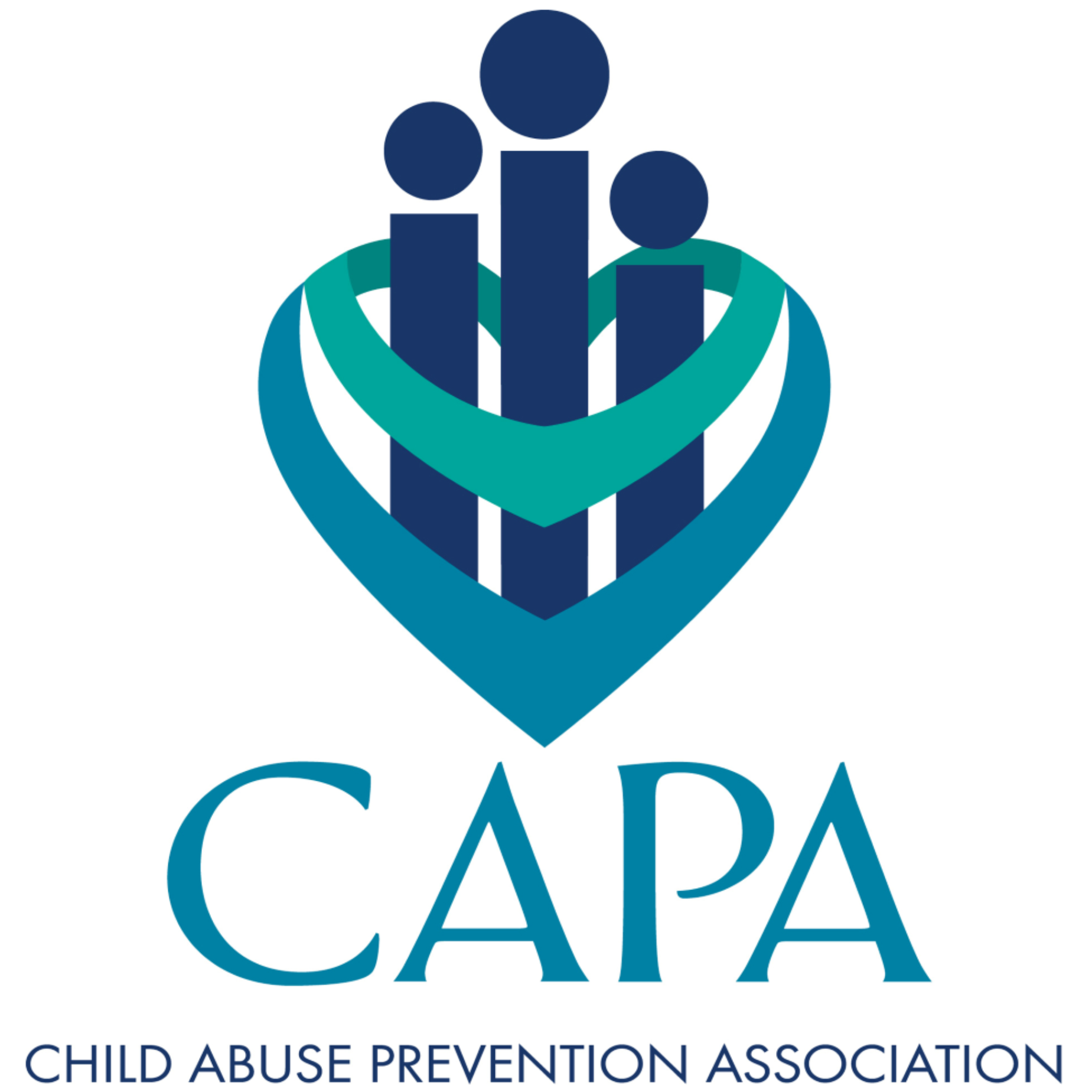Talking to Kids About Sex
Talking to kids about sex…we find that most parents dread talking about sex with their children. We understand, but ask that you take a deep breath (or many), give yourself a pep talk (you got this, you can do it), and know that you are not alone. CAPA is here to support you and help with the beginnings of many little conversations regarding sex.
It is critical to talk to your children about sex and this is why…the topic of sex will come up with our kids soon, way before we expect it, and at random times and locations. It is a million times better if your child learns about sex from you, parents who he/she loves and trusts, rather than their peers, older children, the media, YouTube, or the internet.
Below are tips to help you begin the conversations with your children. Please note that the developmental age and maturity level of your child may not necessarily be the level of their chronological age.
When to Talk to Kids About Sex
Parents often ask, “How old should a child be before we start talking about sex?” The answer always is: “Younger than you think.” Here’s why. If you talk about sexual matters from the beginning of a child’s use of language, there never needs to be “The Big Talk.” It’s just a series of small conversations spread out over many years. You, as the parent, become the obvious go-to person whenever there’s a question. If you become the open, approachable, and non-judgmental parent, you will have offered your child an incredibly valuable gift.
How to Start Talking to Kids About Sex
The modern parent has to be ready to discuss a variety of sensitive topics that may come up. Body parts, the differences between girls and boys, appropriate vs. inappropriate touching, and more mature subjects like pornography, inappropriate texting, chat rooms, internet safety, etc.
There’s no way to address all of the above topics and more in one sitting. Instead of “The Big Talk,” address topics as they come up naturally with your children. When little Emma sees you changing her baby brother’s diaper and asks, “What’s that?” don’t change the subject. Use it as a teachable moment to help her understand the difference between boys and girls. When Emma finds a tampon in your purse, don’t say, “It’s nothing. Put that away.” Instead, tell her it’s a tampon and explain that mommies need to use them once a month. That should suffice until she’s a little older and ready for more information on the subject. Kids should never come away thinking that the topic of sex is bad, uncomfortable, or something to be avoided. Because they will shut down and not talk to you about this matter in the future. Try your best to NOT avoid and hide from sensitive subjects; be honest, matter of fact, and connect with your child. If you are comfortable in the conversation, they will be comfortable.
Guidelines By Age
Toddler to Preschool
Ages 2-3: It is recommended that kids know the right words for body parts (penis and vagina). Teach children that their penis and vagina are private body parts and that no one should touch their private body parts unless they need help with the bathroom, cleaning themselves, or the doctor needs to examine them. Continue to have this conversation about private parts during teachable moments that you share with your child.
Ages 3-4: Where a baby comes from. You don’t need to explain the full details of reproduction, just a simple, “Mom has a uterus inside her tummy where you lived until you were big enough to be born” is sufficient. If your kids are like mine and want to know how the baby gets out, you can tell them the baby comes out of the mommy’s vagina or private part.
Ages 4-5: A general idea of how babies are made. A suggestion is telling kids that, just like it takes a seed to make a flower grow, the same goes for babies. “The Daddy has a seed called a sperm inside of him and it joins together with a tiny egg inside of the mommy and a baby starts to grow.”
Grade School
Ages 6-7: A basic understanding of intercourse. You can explain how male and female bodies were created like a puzzle piece so that they could join together to make babies. Talk about how sex is a special part of a healthy relationship to show love for each other.
Ages 8-9: Sex is very serious. Sex is something you do when you are an adult, and/or married. Kids this age can handle a basic explanation about any topic and should know that they should NEVER be forced to have sex (rape).
Ages 9-11: Discuss what changes happen during puberty. Changes in body, brain, moods, etc. Be ready to discuss sex-related topics your child might see in the media or online.
Middle School and Beyond
Age 12: By this age, children are starting to form their own values. Check in and connect with them often. Know where they are spending their time online and outside of school, and who they are spending time with. Have fun with your child and know that they need you more during these adolescent years than when they were in grade school. Brainstorm by Dr. Daniel Siegel, M.D., is a wonderful resource to help you and your teen thrive during the adolescent years.
Resource Suggestions
It’s So Amazing: A Book About Eggs, Sperm, Birth, Babies, and Families, by Robie Harris.
It’s Perfectly Normal: Changing Bodies, Growing Up, Sex and Sexual Health, by Robie Harris.
It’s NOT the Stork: A Book About Girls, Boys, Babies, Bodies, Families, and Friends, by Robie Harris.
Sex and Sensibility: The Thinking Parent’s Guide to Talking Sense About Sex, by Deborah Roffman.


